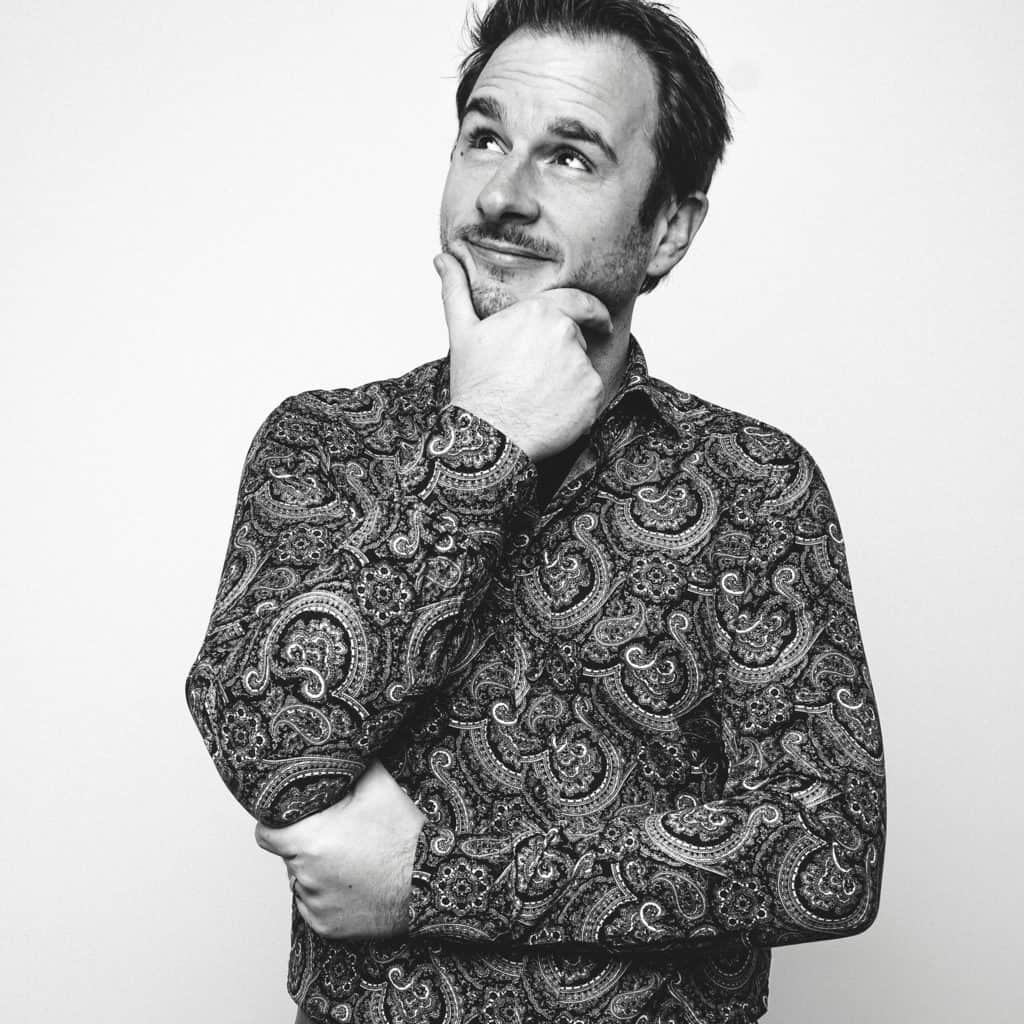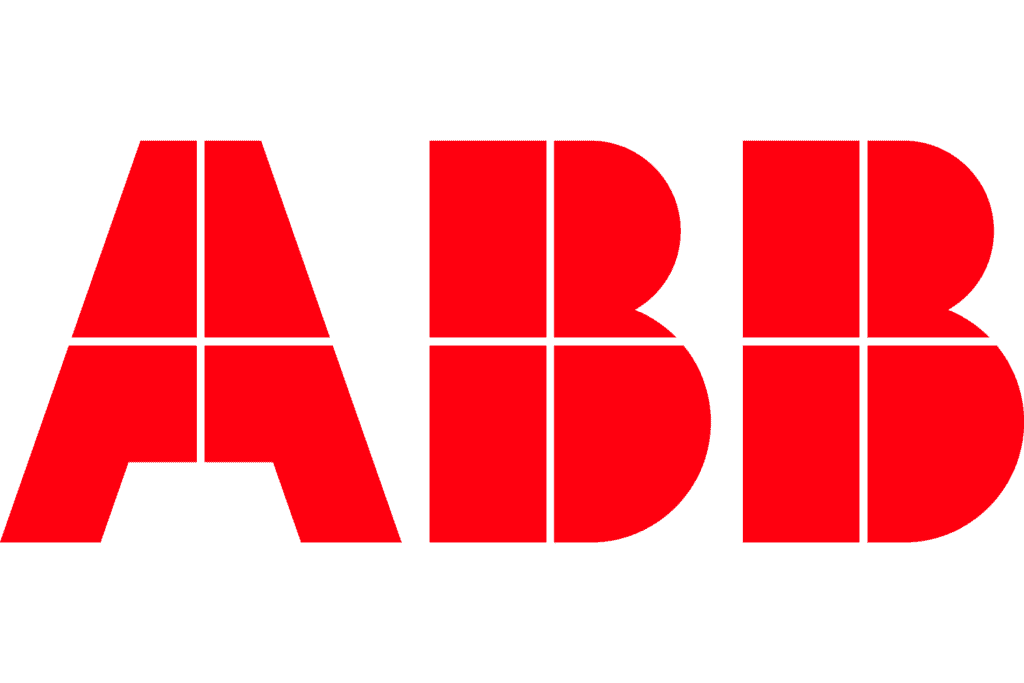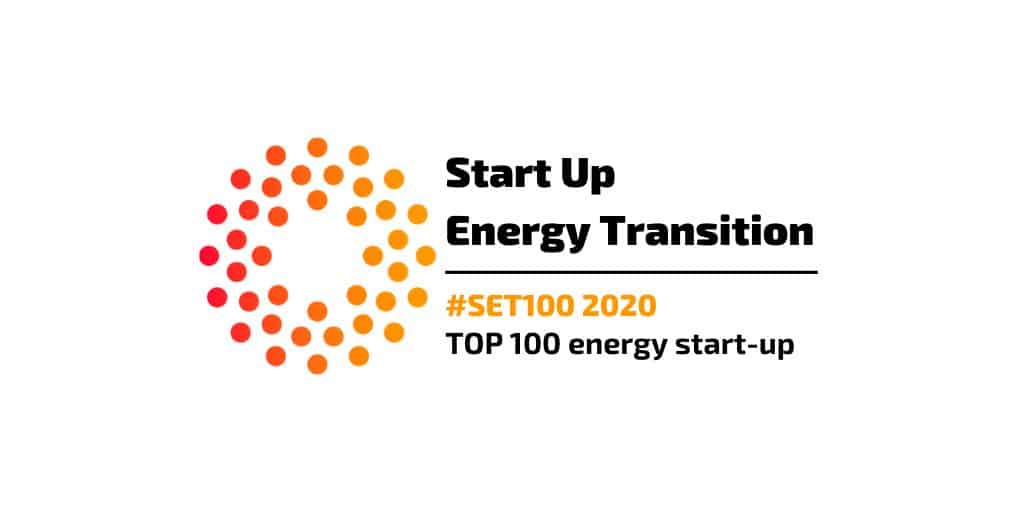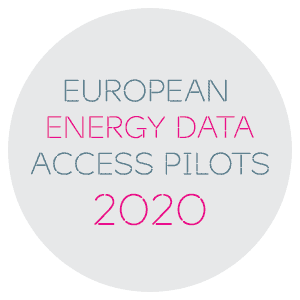You’ve worked in the energy industry for a long time. Tell us a bit about your background and career to date?
At the age of 23, I earned the official label of an electrical civil engineer so I could add Ir. to my signature. As such, looking at Elia for a first job was a natural thing to do. But during the application process, they re-routed my path from a traditional engineering job towards a new venture they were about to launch – Belpex, the Belgian power exchange. So my technical career came to a quick end, and the lr. label is no more.
Belpex threw me into the wholesale energy market trading, with all the financial complexity that comes with it. Power trading was a fairly new business at the time, so it was very exciting.
After a couple of years, once the dust had settled you could say, I moved to Anode, a small Benelux trader with a daring new business model. They became the go-to partner for new energy retailers by providing a service which translated the complex and volatile wholesale trading market into residential fixed tariff products.
Following that, I moved into freelancing, putting my knowledge to good use for the design of new business models in energy trading, from utility scale battery storage systems to retail. And that brought me to re.alto, which at the time was at concept stage.
The re.alto team describe you as their ‘energy encyclopedia’… where does your fascination with energy, and electricity in particular, come from?
I believe in a circular economy as a must-achieve goal for mankind on this lovely but only planet we’ve got. Long story short, that means we need to electrify our energy usage, and decarbonize our electricity generation.
In order to achieve that, we need to redesign and upgrade the biggest machine mankind has ever constructed: the electricity grid and system in general. It is a huge challenge as it is a technically complex system that needs to balance production and load at any moment in time. It’s a living ecosystem in which each and every one of us is connected, across national borders, from the offshore power plant down to the simple phone charger in your house, which explains the very complex financial and regulatory model that has been put in place to control it.
It’s all very intellectually stimulating to try to strip it down to its essence and move it forward while at the same time maintaining and increasing the comfort for all those attached to it. It’s why I drive an electric car: it’s more fun to drive, it’s easier to drive, and it’s part of that circular economy we need to achieve.
You’re Sales Lead at re.alto. What led you to join this particular start-up?
I fully align to the vision of re.alto. As the world electrifies, we need to make it easier for all the new kids on the block to interact with the electricity market.
The complex system of today has its historical and technical reasons for being, but we now need to change it from within to allow the rest of the world to join that huge machine without breaking it.
Digitalisation is the answer to that challenge. There are so many bright start-ups and new business ideas out there that can make it happen, if we at re.alto can facilitate their collaboration and entry into the market.
re.alto has recently launched its beta platform. What’s the reaction been so far from your contacts and potential clients within the industry?
I’m continuously amazed by the enthusiasm that the very idea of re.alto ignites every day when first talking to potential clients.
Not only do they buy in to the general vision of that future electrified world, but they also see the potential of how digital collaboration can accelerate their contribution to it. In a digital world, they’ll create the digital products, and they need a partner marketplace like re.alto designed for facilitate their productization. For some, that is a giant leap forward, but for others, we’re ramping up right there with them.
What problem does re.alto solve for the industry?
The most common one is that in a world driven by renewables and volatile demand, the energy industry on nearly every level still relies on data that is usually at best 2 to 3 days old. It’s like driving your car by looking in your rear mirror. It just doesn’t make sense, particularly in this digital world when real-time data, or close enough, is easily available and we already have the processing power to directly translate it into information thanks to huge strides forward in AI.
The challenge is getting access to that data in the first place, not to mention a platform that allows you to click and play with partners that can enrich your operations on the fly. The world changes fast so you need to be able to add additional services to your product fast as well to stay ahead of the challenge. By doing so, you can continuously respond to your customers’ needs as they evolve.
Covid-19 has had a devastating impact on demand in particular, but we’re starting to see light at the end of the tunnel. What does the ‘recovery phase’ look like for the industry, in your opinion, and are there any positives we can take out of this crisis?
This might have been just the first wave, but to me, Covid-19 has brought some positive signs despite the devastation. For starters, this is the first time the entire world has worked together to eliminate a common threat. We didn’t have, and we didn’t need, decades of discussions to get to action; we all jumped right in and did our part.
If anybody told you a year ago that the entire world would go in lock down for a couple of months and we would freeze our economy globally for the sake of humanity, I think the obvious reaction would have been to believe that it would trigger riots and potentially wars all over the globe. Yet everybody chipped in. This teaches me at least that we can change the world if we want to.
It’s an exciting time to be in the energy industry as digitalisation takes hold and businesses realise the value of open data. What do you see as the opportunities for businesses across the sector in the next few years, and what is re.alto’s role in that?
Engage the consumer. Any business who can activate the consumer by offering them increased comfort, a lower cost or a healthier lifestyle will have a part to play moving forward. At re.alto, we believe that electrification and digitalisation are the two key cornerstones of that strategy, and we’ll contribute by facilitating that digitalisation and the digital collaboration that comes along with it.












